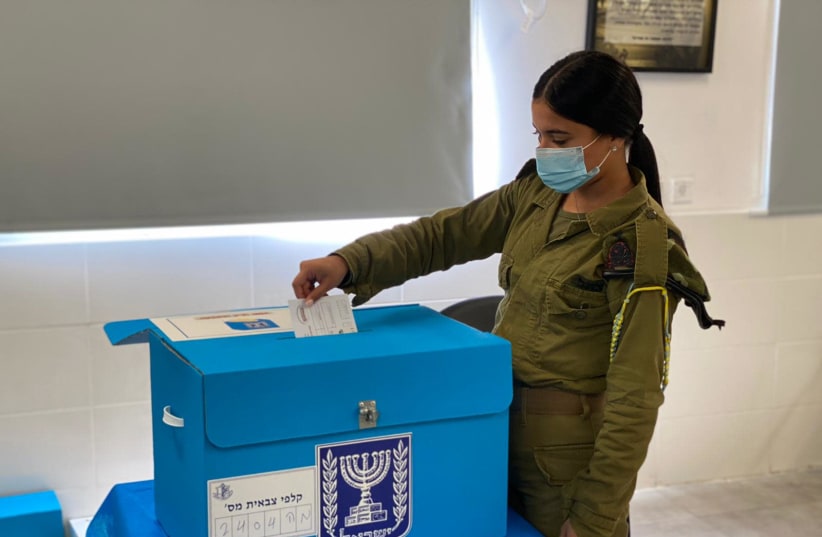WASHINGTON – In the April 2019 Israeli election, now also known as the “first round,” Washington was following closely after the events. Some twenty diplomatic correspondents from national news outlets attended a special briefing at the Israeli Embassy to hear about the system, coalition building, and the 3.25% threshold.
In the second and the third round, similar briefings did not take place. And the March 2021 election, which is now also known as the “fourth round,” draws even less attention.
Similarly, the election isn’t seen as the center of attention for the Biden administration, as it faces Russia and China simultaneously. On Sunday, Russian Ambassador to Washington Anatoly Antonov arrived in Moscow. He was recalled for consultations after Biden said last week in an interview that he believed that Putin is “a killer.”
According to the TASS Russian News Agency, Antonov said that, “Several meetings are planned in Moscow in various departments. How long it will take is difficult to say now. But I proceed from the fact that as long as necessary, I will stay.”
Biden's remarks about Putin on Wednesday were followed by another wave of diplomatic headlines on Thursday, as Secretary of State Antony Blinken and National Security Advisor Jake Sullivan met with a Chinese delegation in Alaska, an event in which both sides traded barbs in front of the cameras. “We’ll discuss our deep concerns with actions by China, including in Xinjiang, Hong Kong, Taiwan, cyberattacks on the United States and economic coercion toward our allies,” Blinken said in his opening remarks. Biden later said that he was proud of Blinken’s comments.
The top Chinese diplomat told Blinken in return that “many people within the United States actually have little confidence in the democracy of the United States.”
And as the administration is trying to navigate its diplomatic battles with other superpowers, most Middle East issues, with the exception of Iran’s nuclear program, are taking the back seat. “I don’t believe it is receiving a lot of attention, particularly against the backdrop of trying to defeat COVID, economic recovery, and the competition with China, Russia and the authoritarian challenge,” Ambassador Dennis Ross told The Jerusalem Post.
Likewise, Natan Sachs, director of the Center for Middle East Policy at Brookings, told the Post that “In the big scheme of things, these elections are not major news.”
“A fourth election with the potential for a fifth is hardly a milestone and especially when most issues relating to Israel are very low on the long list of Biden priorities at the moment,” Sachs added. “But in specific policy terms, the impending elections probably have paused some moves on the US-Palestinian file – like working to reopen diplomatic legations on both sides – and maybe other files too. These could be accelerated after this week.”
